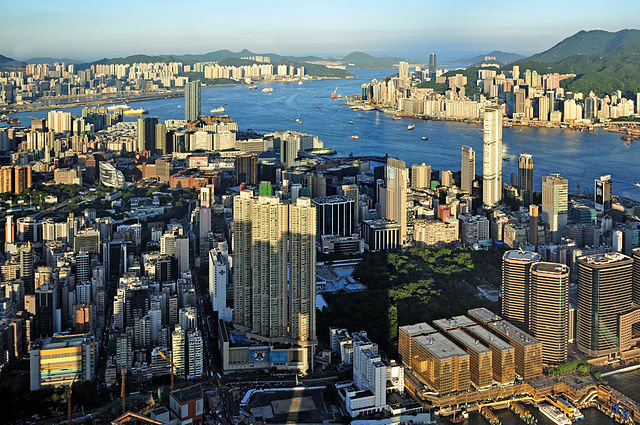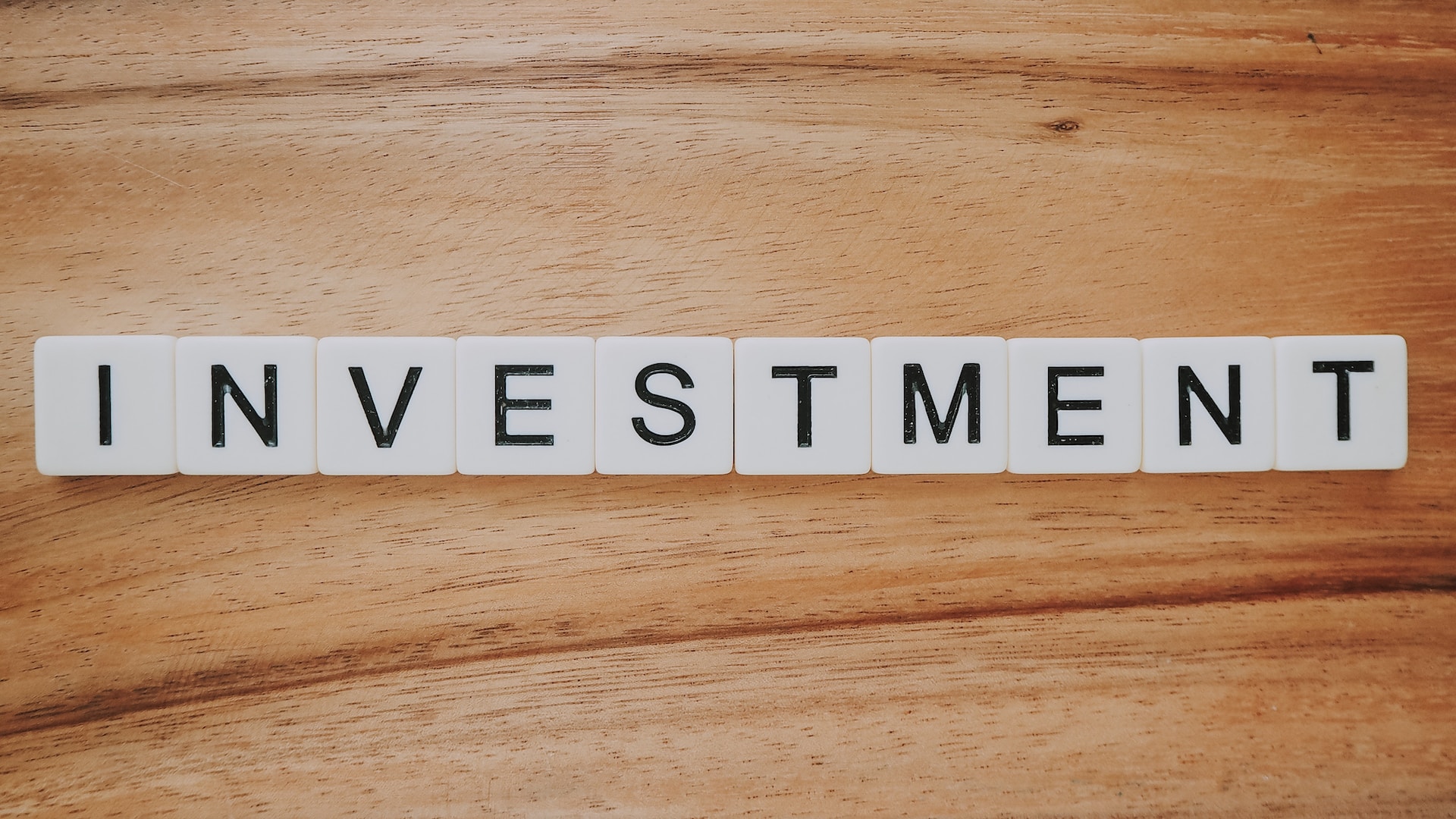Nigeria, the beating heart of Africa’s economic aspirations, finds itself once again in uncharted waters.
Its inflation rate has recently made an audacious leap to levels not seen in nearly two decades, stirring up serious economic concerns and some speculative excitement for those always hunting for investment opportunities.
August witnessed the consumer prices in Nigeria rise annually by a staggering 25.8%, a dramatic uptick from the 24.1% of the prior month.
To put things in perspective, the inflation hasn’t soared this high since August 2005, exceeding even the estimates from our fellow financiers and analysts from Bloomberg.
The culprits?
A combination of rising food and energy prices.
Specifically, we’re looking at annual food inflation touching 29% in August, up from 27% in July.
Additionally, core price growth, which smartly sidelines volatile elements like farm produce and energy, ascended to 21%.
As I always say, every economic statistic has a backstory.
The backdrop to this inflation narrative is characterized by the phasing out of fuel subsidies, disturbances in the food-producing areas of Nigeria due to security concerns, a noteworthy depreciation of the naira against the dollar, and the currency’s continued languor in the parallel market.
The fiscal stewards of Nigeria, the central bank’s monetary policy committee (MPC), will undoubtedly have a pivotal meeting on Sept. 25-26.
If the metrics are any indication, we might be gearing up for an unparalleled ninth consecutive rate hike.
Razia Khan of Standard Chartered Bank drives the point home.
According to Khan, the road to stymying the depreciation in the parallel market requires a stringent monetary policy and a dedication to price discovery in the official FX market.
With Nigeria’s inflation metrics screaming for attention, the urgency is palpable.
Since May 2022, the MPC has hiked rates by an astonishing 725 basis points to counter the rampant inflation, reaching a high of 18.75%.
Given that inflation has been gallivanting past the central bank’s 6% to 9% target range for over eight years, one can’t help but wonder about the sustainability of such a strategy.
Investment Strategy Pointer: For my Investing Pioneers, Nigeria’s scenario presents both risk and reward.
As interest rates possibly rise further, the debt market might offer interesting yields.
However, the currency risk from the naira’s fluctuations can’t be ignored.
Diversification, as always, remains the key.
In the financial jungle, where inflation is one of the many beasts lurking, it pays to tread cautiously but also to recognize potential opportunities when they present themselves.
Stay astute, stay informed, and may your investments always find fertile ground.
Peter Burke
















